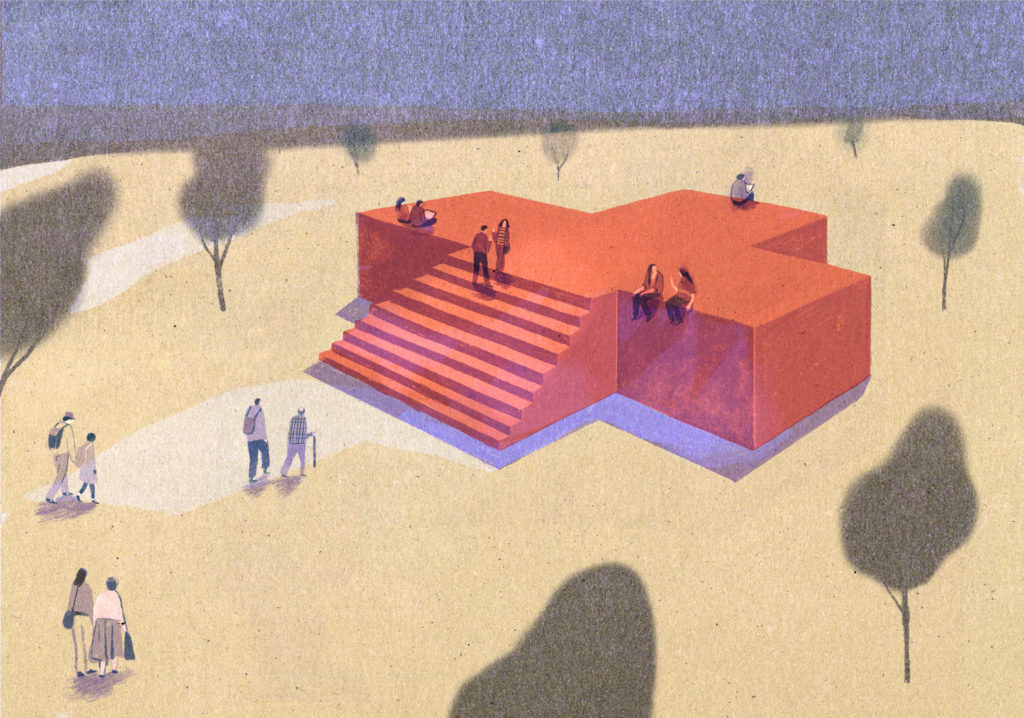
Description
The Humanitarian Innovation Platform (HIP) is a collaborative effort between humanitarian agencies to foster innovation and deliver smarter and more effective assistance to people in need. HIP has carried out a series of projects to encourage interest, capacity and the tools required to leverage innovation in humanitarian organizations, their program design and operations.
Context
Innovation within the humanitarian sector experienced increasing focus, not only by humanitarian actors themselves, but also from donors.There is significant potential for new developments and promising ideas to build on. To maximise the potential of generating innovative ideas and learning, collaboration between different actors is essential – including closer collaboration on innovation between humanitarian actors.
The founding members: Norwegian Refugee Council, Save the Children Norway, Norwegian Church Aid and Norwegian Red Cross, engaged with the Norwegian Ministry of Foreign Affairs (MFA) to explore how to build a collaborative and systematic approach to innovation across the humanitarian sector.
Technical details & Operations
The consortium has changed over time as the needs and maturity of the partner organisations have evolved.. To date, the platform has gone through the following three phases:
Phase I
The first phase of HIP was used to explore the status of innovation in each partner organisation. The main outputs were:
– Workshops and seminars on key topics within humanitarian innovation to identify approaches and priorities.
– Innovation audits carried out in each partner organization to determine interest, engagement and capacity for innovation.
Phase II
The second phase of HIP took the learnings and priorities identified from the workshops and audits. Succeeding, the partners developed specific tools for different aspects of the innovation process.
The five areas where the partner organisations developed specific tools were:
– Monitoring & Evaluation
– Private Sector Partnership
– Assessing Scalability of Digital Solutions
– Workshop tools for the early stages of innovation
– Developing a scaling framework
Phase III
Using the tools, the organisations came together to work on common problem statements and incubate projects that can solve problems at scale.
There are two projects currently being supported by this consortium which are focused on creating self-sovereign digital identities for beneficiaries of humanitarian aid. Over a billion people across the world do not have forms of identification, and therefore creating one, with the support of many organisations, could allow beneficiaries to have an easier access to aid and services provided by humanitarian organisations. The first project is focused on developing a digital wallet for cash transfer programming. The second one is based on learnings and platforms, but adapting them for use in a migration context. Through collaborating on these projects within a consortium, interoperable solutions are developed for all organizations.
Deployment & Impact
The success of the consortium and the platform is linked to the close collaboration on innovation between the humanitarian actors. The partners meet regularly through initiatives of common interest, including the project in which they collaborate together.
Through working together, the partners are able to share learnings and develop tools and solutions which would benefit all of them.
Moving forward, HIP will explore new ways to use the consortium to influence larger trends in humanitarian innovation.





